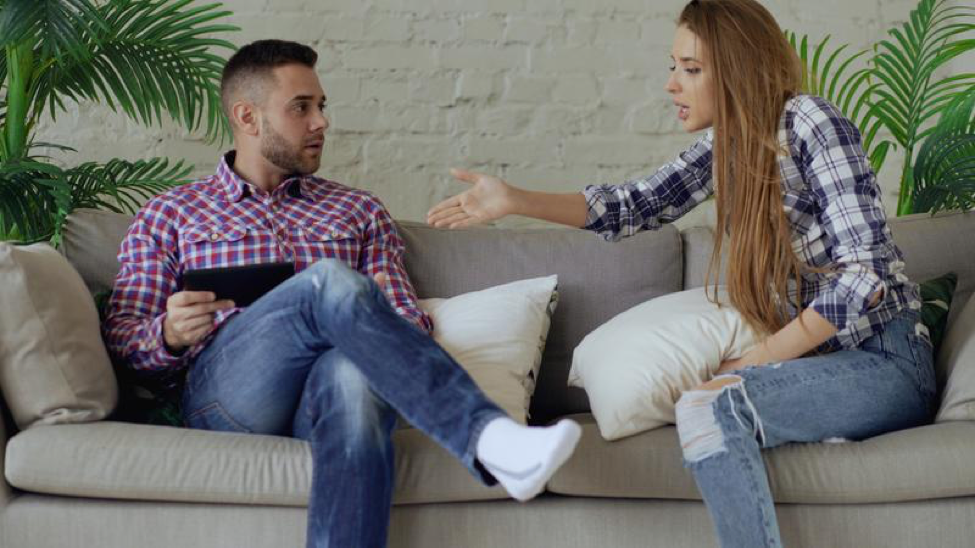When Do Relationships Reinforce Negative Behavior?
As any married or divorced person knows, a healthy and successful relationship requires more than love. Even partners who love each other can get into cycles in which they inadvertently reinforce each other's negative behaviors and create an unhealthy relationship. Once a relationship sours to the point of constant conflict and the emergence of violence, your options for treatment become pretty limited. That’s why it’s important to understand your partner, their needs, and their tendencies in order to foster a healthy, stable relationship, long before the relationship goes south and definitely before it becomes abusive.
Unhealthy Relationship Behavior
Writer Leo Tolstoy once said that "happy families are all alike; every unhappy family is unhappy in its way." This is especially true in relationships. Unhealthy behaviors can include resentment, codependency, passive aggression, lack of communication, disrespect, and substance abuse among others.
An unhealthy relationship can cause these negative behaviors to increase, and partners may inadvertently reinforce their partner's bad behavior.
How Relationships Can Reinforce Negative Behaviors
B.F. Skinner coined the phrase "operant conditioning" to describe behavior he saw in which a person's behavior was modified through either rewards or punishment, or the "the carrot or the stick" as some call it. Basically, Skinner shows that punishments or rewards can reinforce a behavior.
While Skinner’s theory may seem somewhat obvious, it’s not often applied and many partners are unable to see these patterns at work in their relationship. For example, in a marriage, one person might have the tendency to yell and the other person might have the tendency to completely shut down when faced with difficult emotions. This is a common situation that often results from applying the wrong type of reinforcement. Essentially, each person is punishing the other, whether they recognize it or not, and causing them to become more defensive. These unhealthy patterns can build off of each other and result in an excess strain on the relationship, breakdown in communication, and other negative behaviors.
Triggers For Negative Behavior
When looking back on negative episodes and situations like the one described above, think about what emotions you were feeling. What was the catalyst for these emotions? These are called triggers and they can vary widely. Often they include a lack of confidence, feeling unheard, feeling ignored or feeling unloved.
In the future when you notice these triggers, stop and actively think about what you're feeling. Instead of lashing out, talk calmly and truthfully about how you're feeling and how you can let the emotions out in a healthy way.
Conclusion
These types of things are what make marriage so challenging for so many people. If you think that you and your partner need extra help navigating these waters, consider attending couples therapy. You can also get my book “Live Free” and start learning how to rewrite your life to be what you want it to be.
Sources
Freedom Treatment Center of California
Harron LawCOPYRIGHT © 2024 LINDSAY TSANG. ALL RIGHT RESERVED. POWERED BY WEBEXPERTZ.CA


